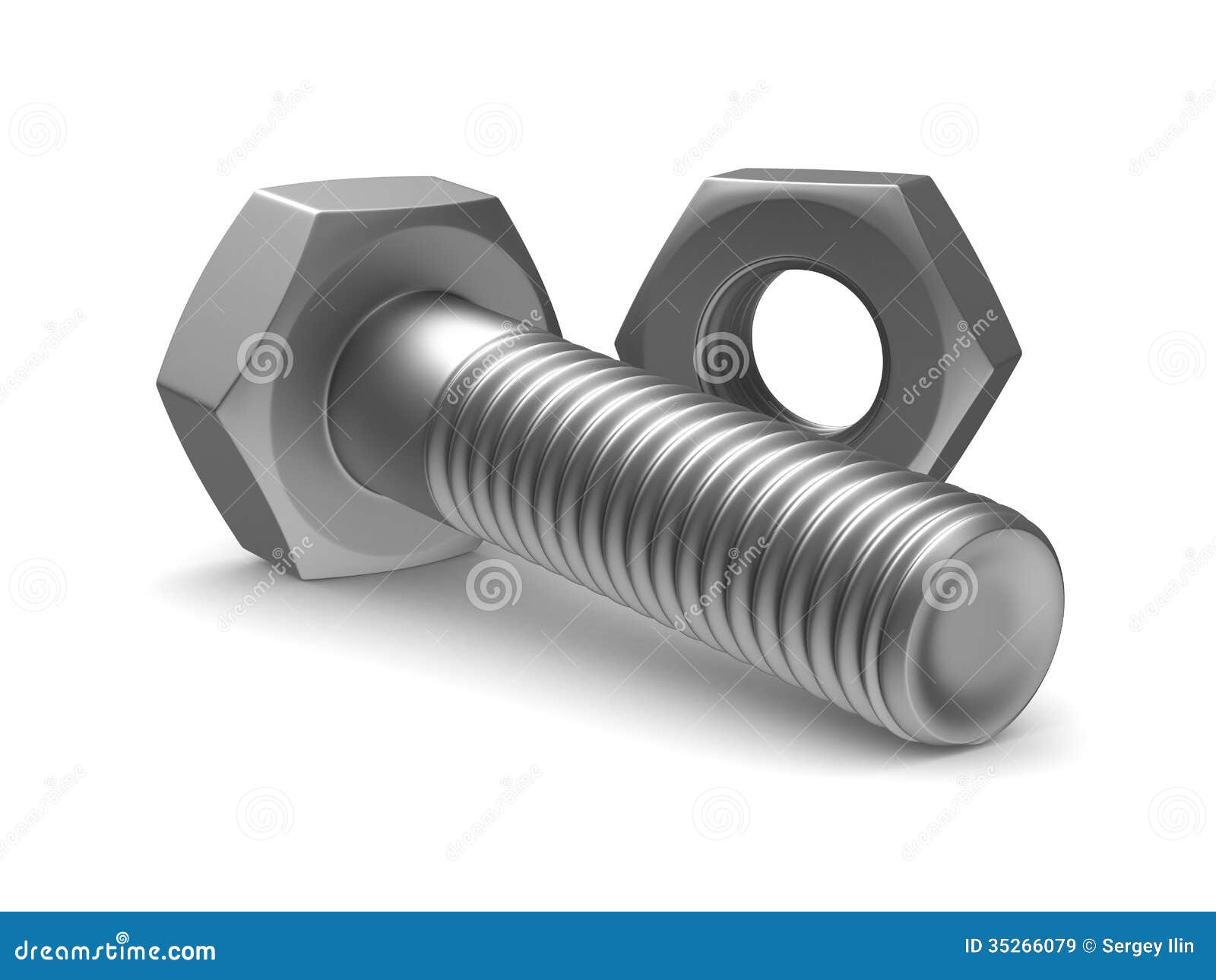Why Every Builder Requires a Set of Hardware and Fittings
As a maker, be you a an experienced DIYer or even a weekend warrior, having a well-organized collection of nuts and bolts is vital for your projects. These small yet mighty fasteners serve an important function in various tasks, guaranteeing that parts are held firmly together. From furniture assembly to automotive repairs, grasping the details of different kinds can enhance your skills while saving you time and reducing frustration.
In this guide, we will examine the full range of nuts and bolts, breaking down their types, uses, and materials. We’ll look into essential concepts such as the differences between machine and structural bolts, the method for picking the right fastener for wood as opposed to metal, and the benefits of selecting corrosion-resistant options for outdoor applications. Whether you're engaged in large-scale construction work or minor home upgrades, knowing how to select the right nut and bolt can make all the difference. Let’s dive into the realm of fasteners and equip you with the knowledge to make informed choices in your projects.

Grasping Fasteners and Bolts
Nuts and fasteners are vital fasteners that play a crucial role in building and manufacturing across different industries. They act as the core elements for countless applications, from furniture assembly to repairing vehicles. Understanding their key features is essential for any DIY enthusiast or DIY enthusiast. At their core, bolts are threaded shafts designed to be put through substances, while nuts are six-sided fittings that fit onto the screwed end of a screw, allowing for a tight link when tightened.
Various types of components and screws are accessible, each designed to particular projects and materials. Screws come in many types, such as hexagonal, carriage, and strong bolts, each adapted for unique purposes. Selecting the correct type of component is crucial for securing the stability and lifespan of the assembly. Additionally, nuts are grouped based on their designs and applications, with choices like secure nuts and flange nuts providing specialized solutions for different situations.
Understanding the correct contexts for these fasteners is equally important. For instance, some components and bolts are optimized for heavy-duty construction projects, while others are specifically designed for car repairs. Comprehending the variations in substances and coatings, such as rust-free metal and zinc-coated options, also impacts performance, especially in specific environments or exposure conditions. By understanding these basics, creators can assuredly select the right fasteners and screws for their tasks.
Varieties and Their Applications
Nuts and bolts come in a vast range of types, which are designed for specific applications. For https://pichestan.com/ , hex bolts are among the most common fasteners found in construction and can be found in general assemblies, machinery, and automotive applications. Their six-sided head allows for easy tightening with a wrench. Carriage bolts, characterized by their curved head and square neck, are ideal for attaching wood to metal without the need for a nut on the other side, making them suitable for external furniture and fence construction.
Lag bolts, also known as lag screws, are heavy duty fasteners that are used in wood to provide extra holding power. They are commonly used in structure, decking, and other outdoor projects where strength is important. Knowing when to use lag bolts versus standard fasteners can greatly improve the integrity of a project. For vehicle repairs, specific fasteners like shoulder screws and flange bolts are often employed due to their distinct shapes that offer better load distribution and fastening capabilities in confined spaces.
Nuts, too, have different types tailored to specific uses. Standard hex nuts are versatile and can be used with a variety of bolt types, while lock fasteners are designed to prevent loosening due to vibration, making them crucial in vehicle and equipment uses. Flange nuts provide a larger surface area for better load distribution and are often employed in structural applications. Understanding which fastener to pair with a bolt is vital for maintaining the stability and safety of any construction.
Picking the Correct Fastener
When picking the appropriate fastener for your project, it is essential to take into account the materials you are working with. For instance, if fastening wood, traditional wood screws may work, but when working with metal, you might need stronger bolts such as hex bolts or lag screws designed for that purpose. Always make sure that the fasteners you choose fit the material's requirements to provide proper holding power and stop damage.
Another important factor is the environment in which the fasteners will be used. If your project is intended for outdoor use or in environments prone to rust, opting for corrosion-resistant materials such as stainless steel or galvanized bolts is necessary. These fasteners are specifically designed to endure moisture and stop deterioration, ensuring the longevity of your work. Additionally, consider specialty options like nylon lock nuts or tamper-proof fasteners for security or specific applications.
Finally, understanding the strength and load requirements of your project will help you in choosing the correct type and grade of fastener. For heavy-duty construction, look for high-grade bolts that can handle significant weight and stress, such as structural bolts or anchor bolts. Make sure to consult resources like strength comparison charts to choose the most fitting options for your specific needs, ensuring both durability and safety in your construction or repair tasks.